Films, in which an innocent village guy gets acquainted with the cruelties of the modern world in the city are pretty common in Indian cinema and especially in Malayalam cinema. Director Bash Mohammed debuted with “Lukka Chuppi” (“Hide and Seek”), one of the best Indian films of 2015, which was about a reunion of college mates after 14 years, but presented with such a novelty that even though it didn't perform well at the box office it is slowly gaining a cult following which is rare for such a film in Malayalam film industry. So Mohammed's approach was something to look out for as in finding out what new he can bring on this subject.
“Prakasan” screened at Indian Film Festival of Los Angeles
Prakasan is a tribal youth from the wilderness of Chamakudy where the small population lives in harmony using the resources of the forest. Prakasan is the only person who had a school education from Chamakudy and he dreams of a job and life in the city. Even though his family consists of only his mother and sister and his girlfriend and friends are against this, he accepts a job of a government social worker in the city and travels there without completely knowing what he is getting into. The fast life of the city and people with ulterior motives are not an easy obstacle the protagonist has to face. His work turns out to be educating sex workers on possible sexually transmitted diseases and providing free condoms for them, a concept that he is not able to comprehend even in its fundamental definition. His lack of understanding of the world proves to be troublesome for him to do his job and the more he tries the more trouble he gets into.

The fictional tribal village of Chamakudy is presented almost as a sacred Eden which provides for the life of its people. People living there aren't worried about money or time, for both of those do not have much value in their lifestyle. With heart-shaped ponds and lush vegetation, Chamakudy is a visual delight that is used to invoke the love for such a life. But from the beginning itself, the artificiality of this supposed tribal village is obvious. The language spoken by the villagers is a slightly tweaked version of Malayalam that is not nearly convincing as a tribal dialect. Not to mention they used the tweaked version of literal Malayalam that only graduates of Malayalam choose to talk if any at all, with some words that sounds primitive by having resemblance with Tamil. The costumes are another aspect that was odd since it is quite plainly modern dress that is made to look like tribal ones. If this is done due to budgetary reasons, they should have still used some methods to not make it look this odd. It is especially notable when they talk about the insignificance of money without which this type of clothing is not possible.
When the focus shifts to the city, Prakasan gets more acquainted with the slums of the city and the people who live and feed off of it. The government officials are irreverent to the people and want to do their job without much trouble. Even though educated and supposedly smart, Prakasan is not able to cope with a single matter he faces in the city. The different women in the city who are in positions of power are shown to be overbearing yet naive, while the women in the village live in a patriarchal structure are shown to be morally better. The confusion in such portrayals is more apparent because of the complex characters that were not so easily classifiable in Mohammed's previous film “Lukka Chuppi”.
Prakasan is given the job of educating sex workers and supplying free condoms even though the whole concept goes above his head. For him, these carnal desires are a natural part of life and do not include such complex situations. Even his desire to return to his natural habitat is shown in lines with these desires, which don't end up in a pleasant circumstance for him. Every single act is a world apart in the city than what Prakasan has experienced in his village.
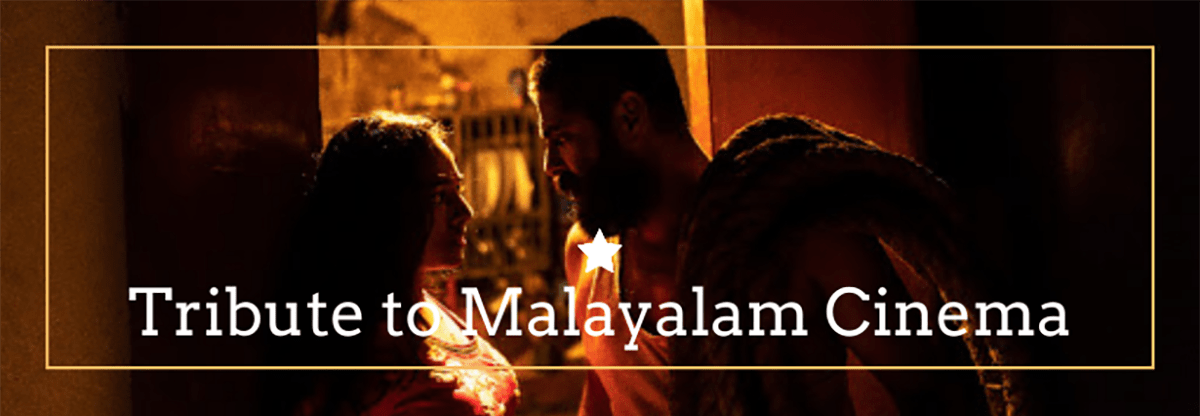
As a supporting actor, Dinesh Prabhakar has always been someone who can mirror the talent he acts against with. It is evident here in his first main role where his performance is considerably better with experienced actors rather than with amateur actors appearing in the village who are not convincing enough. Being the casting director himself, he should have been aware of his own strength and limits during the casting process.
The cinematography by Pappinu is interesting as how beautiful and natural it looks at Chamakudy and how bleak and amateurish for Ernakulam city. When it goes amateur, it becomes too amateurish to the extent of taking the viewer out of the experience. The story by Rajeev Nair feels shallow and superficial, an aspect the direction has overcome. Even with the 84 minutes, the film feels too long which can be attributed to the direction and editing. The background music by Bijibal is the one redeeming factor that stays true to the themes and keeps the film lively.
The film does talk about man's alienation to humanity and shows how nature can be an Eden if not terribly meddled with. But even the visual extravaganza of Chamakudy isn't proficient enough to elevate it from its superficial script and execution on a used up subject and treatment. Akin to numerous Keralites who migrated to rich Middle Eastern countries for better-paying jobs, it seems that director Bash Mohammed is also struck with nostalgia for the greenery of Kerala that they haven't much knowledge on after years in the desert. In the end, “Prakasan” is an average and easily forgettable affair with plenty of better versions of the story already existing in Malayalam film Industry.


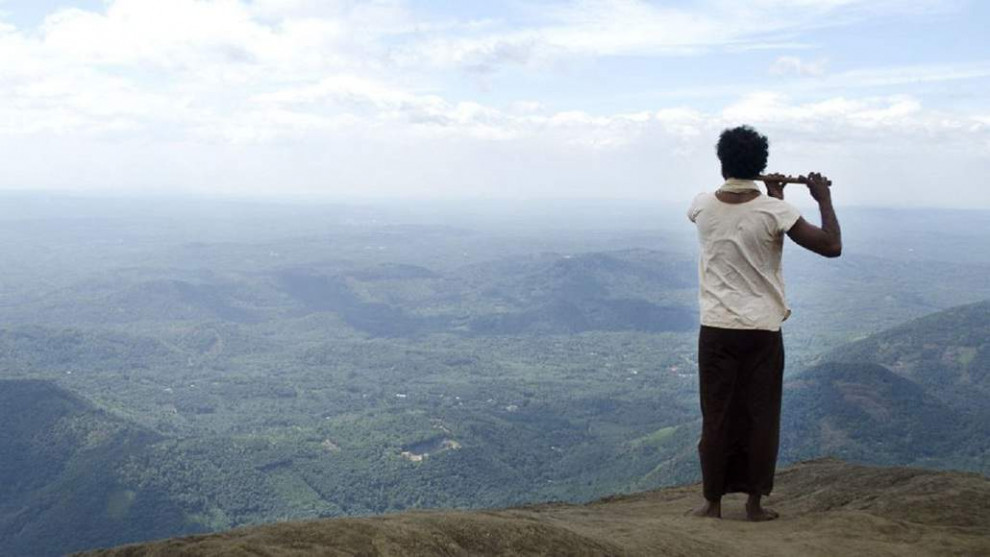


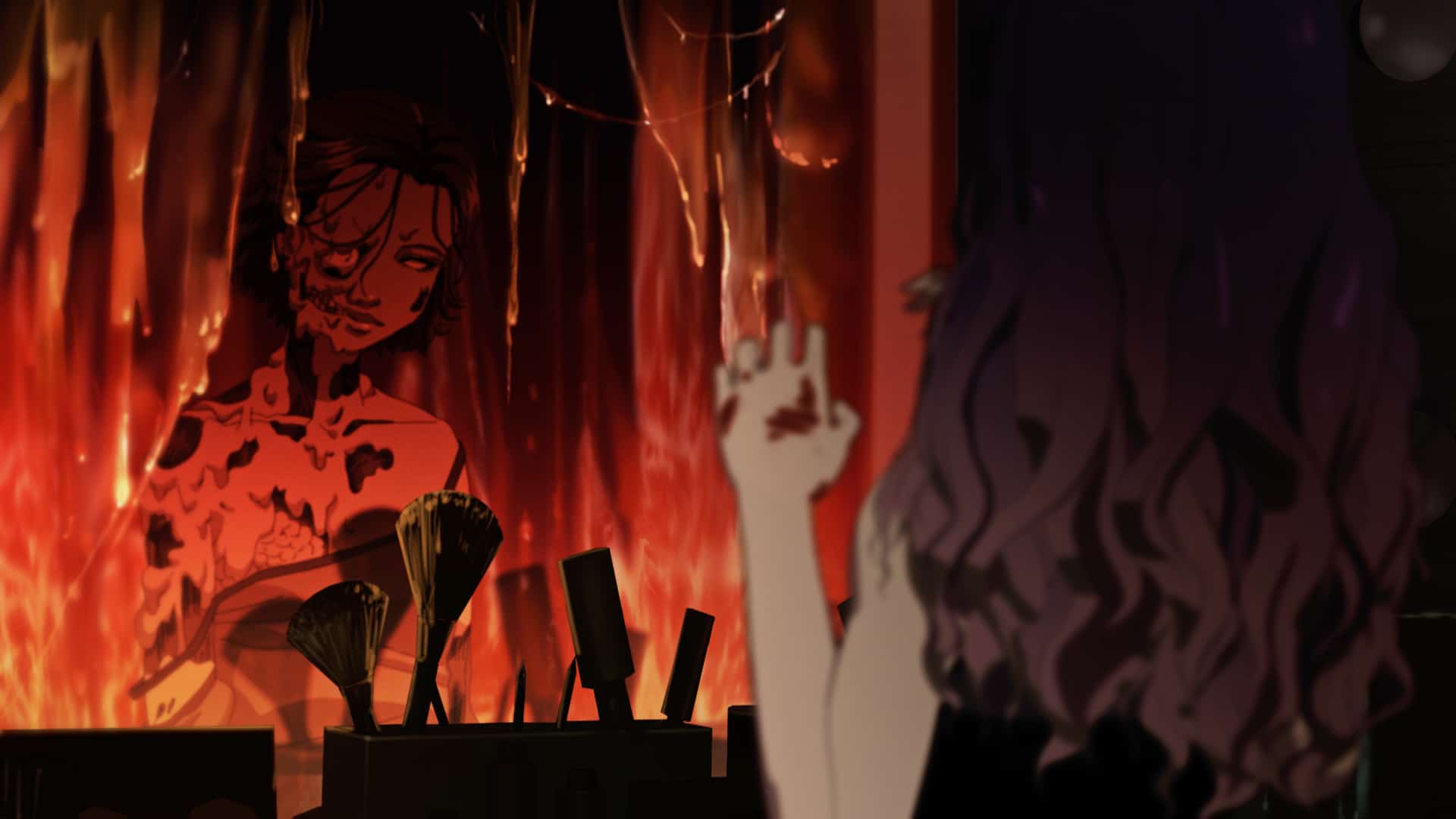


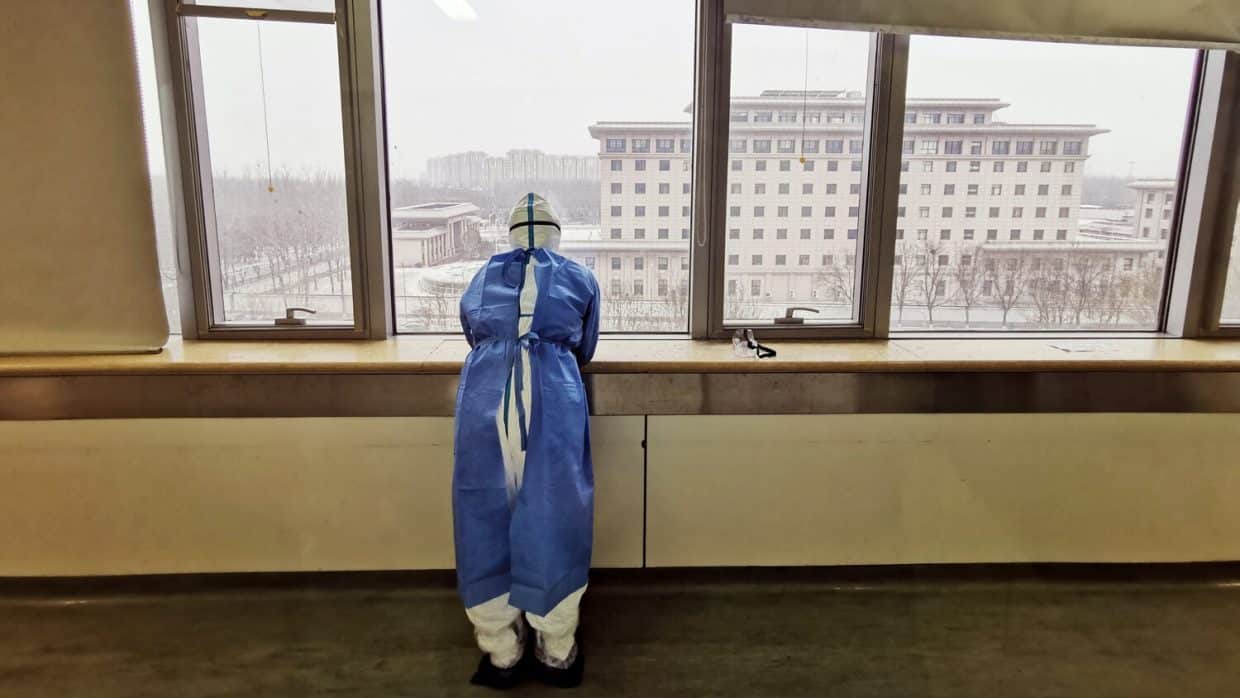
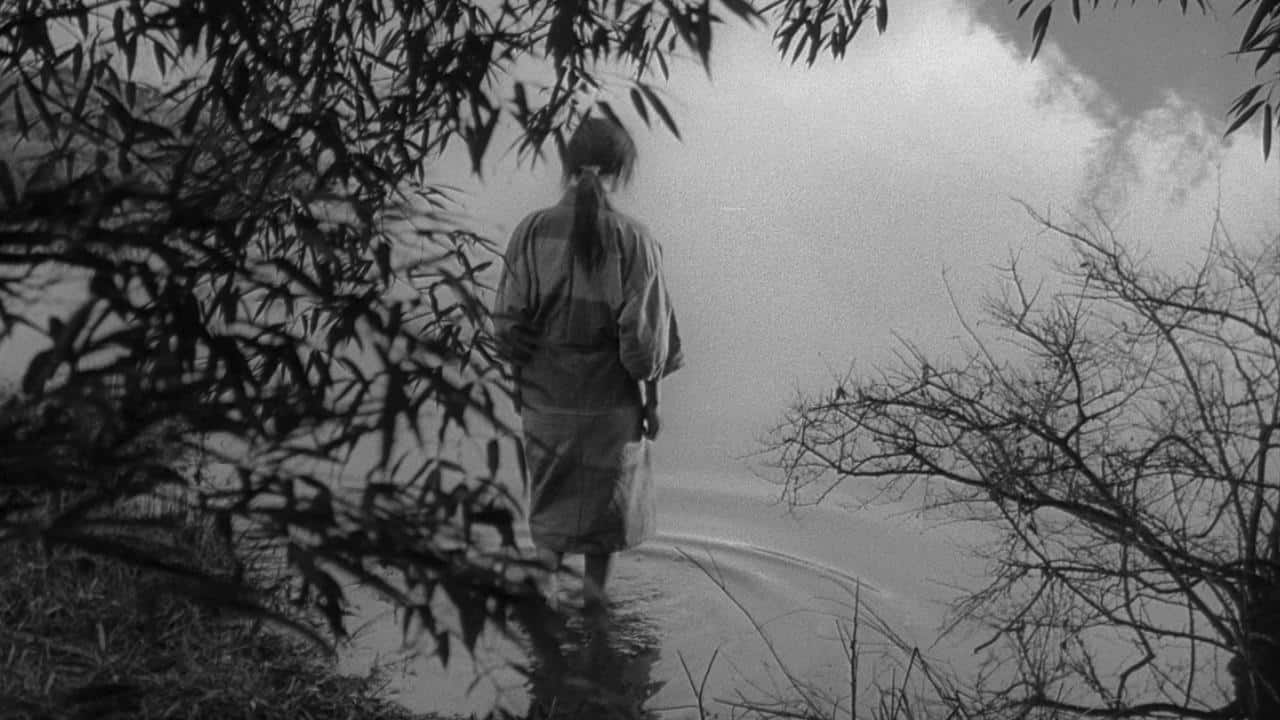







I believe the writer didnt get the film at all. His observations are too shallow and comparing this with Lukka Chuppi makes the review even more redundant because each film stands on its legs. I do not think this is a kind of film Malayalam has seen and it really rises above most so called realistic ones. On the flip side what we see is a small film fighting its budgetary constraints with its heart in the right place. I am also surprised the reviewer didnt get the film’s subtexts. It doesnt portray people as black or white but as normal beings. This is a film worth a watch. And made me.orable for dinesh’s acting and some brilliant editing and camera. Bash does a fantastic job with his obviously owned resources. Panning the film unilaterally without substance or ground is a disservice to the indie spirit